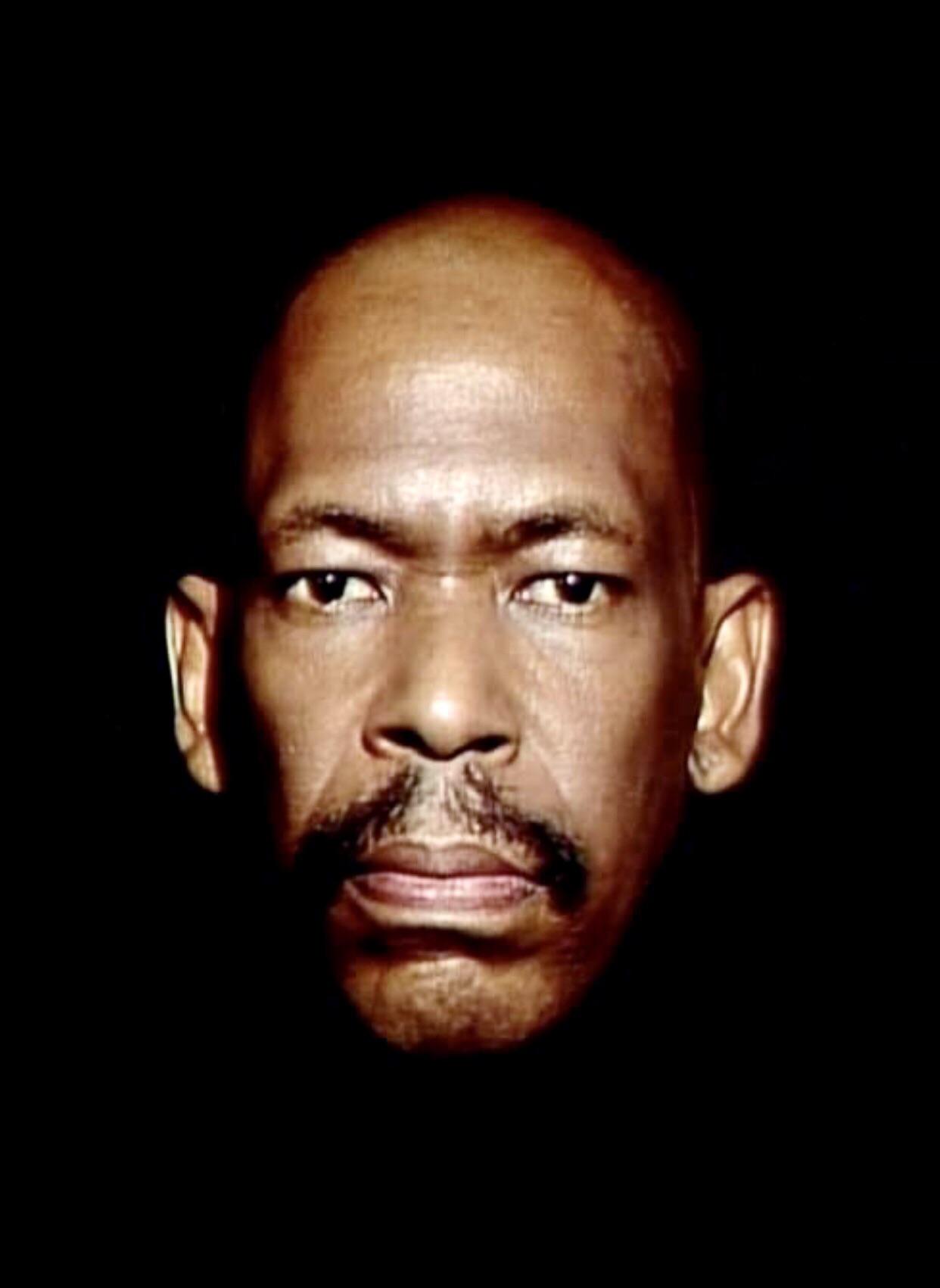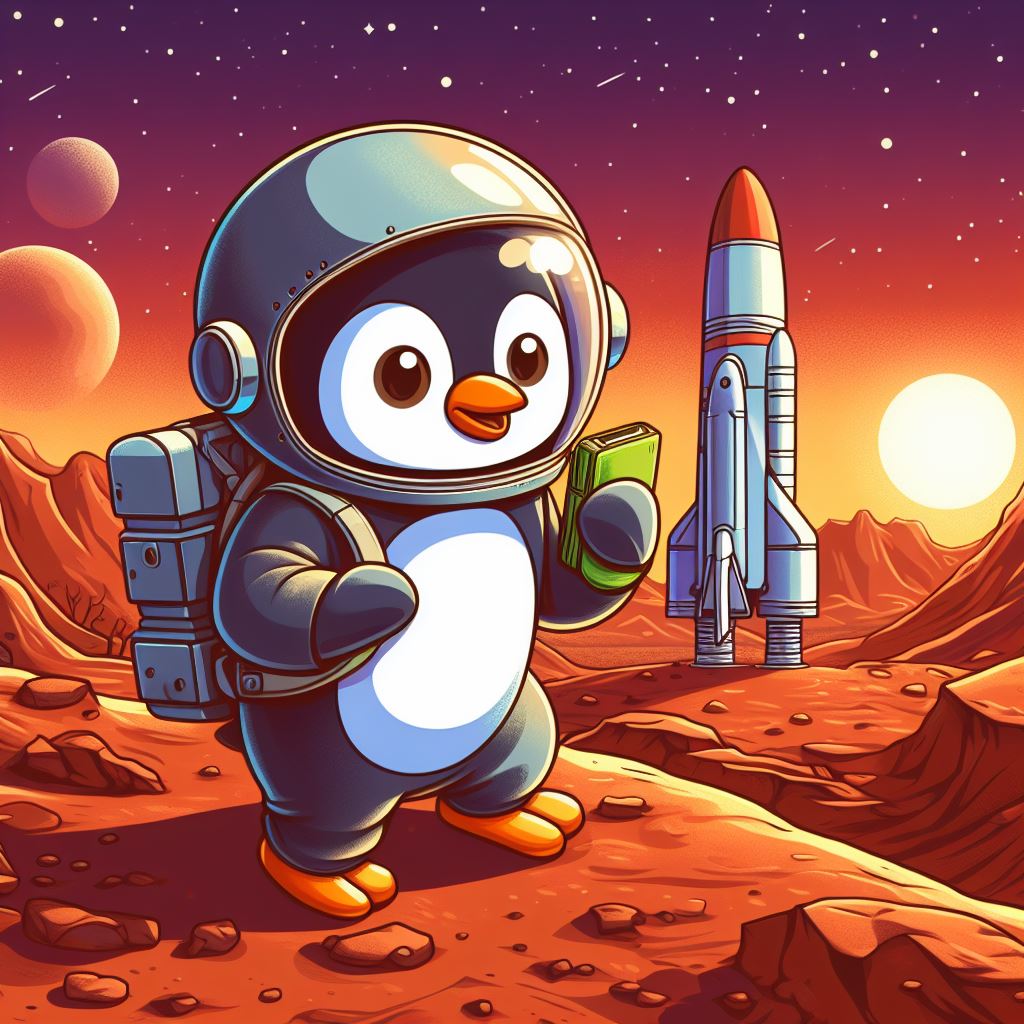German.
One of these days I would very much like to learn how to distill vodka.
Last year I took another step on the fermented foods path and learned how to brew kombucha. I’m progressing slowly, but I’ll get to vodka eventually.
Music theory and harmony,
Russian,
Mandarin,
play the piano.
This comment is far more amusing for its lack of commas. But also, you sound like an interesting person.
Hey I pressed Enter …what gives…thanks for the compliment BTW
Programming. I have dabbled and written basic scripts but i just haven’t dedicated the time to learn enough for a solid foundation.
I can’t even remember how many times/languages i’ve printed “Hello world”
If you decide to give it a go, I’d recommend starting either with Typescript or with Kotlin. They’re both very easy to learn. Kotlin is more powerful and the compiler error messages might be more helpful (I’m not too sure) but it has to deal with some leftover Java boilerplate in exchange.
C# may also be worth considering but I have never used that at all.
In my opinion, Python sounds better to start programming because it is widely used, there are thousands of tutorials for everything (from creating a calculator to an AI). It is a simple but powerful language that even children can start to learn in middle school.
The language itself is very easy to get started with (like Typescript) and it’s widely supported, but the developer experience of writing Python is hands down terrible. I thought that it was a good idea to recommend languages that take you by your hand when you get your toes wet for the first time and Python does not do that at all. For example, since it’s interpreted without any meaningful upfront processing, any kind of error in your code will only reveal itself when the interpreter actually tries to execute the portion in question. This can become annoying very quickly, especially if you’re learning by doing / through trial and error.
In my opinion Python is an incredibly potent tool for seasoned developers, but despite its easy syntax and forgiving semantics I don’t think it is a good idea for beginners to use it for anything beyond a basic “hello world” application.
Sign language.
Before I was a psychiatric nurse I sat a lot of 1:1 suicide watch, but also a lot with people who were very sick and had a lot of tubes in various preexisting and created orifices. All of those tubes can be very uncomfortable, and even if the person logically knows they will recover and need the tubes to do that, they have to be constantly reminded to leave them alone. LOTS of people rip out their own urine catheters and even breathing tubes, and the anchor bulbs can make a very bloody mess on their way out.
When communicating with such people I often wished we both knew sign language fully, but I did know some basics I would teach to patients over the course of a shift. I highly recommend everyone knows
- water/drink
- toilet (PLUS piss/shit since they might help you differently for either one)
- pain/hurt
- food/eat
- vomit/puke
These’ll take you thirty minutes to learn today and if you’re strung up in an ICU someday it might make hell an inch less hellish. Communication boards where you point to the letter can help a whole lot, but when you gotta shit you gotta shit!
I’d love to properly learn sign language too! I have two basic phrases and that’s it.
Apparently babies pick it up quicker than spoken language too which can really help with communication issues when they’re toddlers.
My kid is just under a year, and has a few spoken words like ball, momma, book, but he can actually communicate intention with sign language. When he looks you dead in the eye and gives the milk sign, its obvious what he wants. He knows all done, more, food, drink, milk, dog, flower, bird, and maybe a few more, but he uses all done, more, milk, and drink the most. It’s really crazy how much faster he picked up signing.
That said, we’re not good at sign language at all, just learned it for the baby specifically. Highly recommend.





